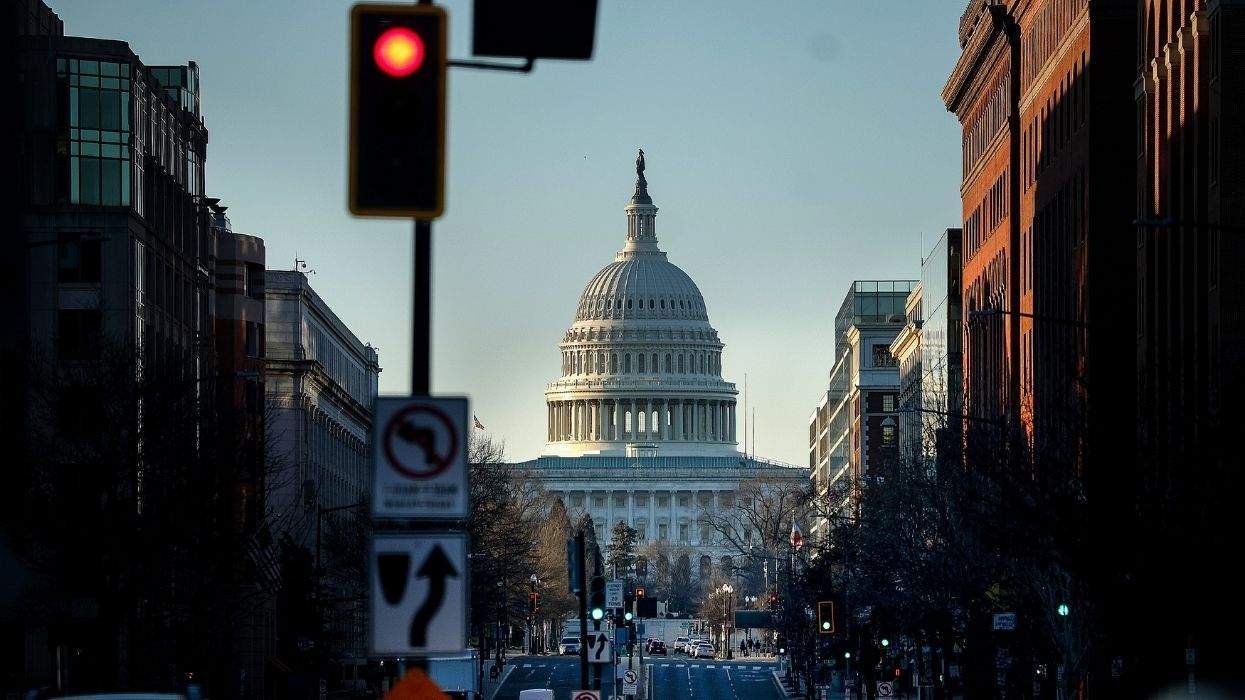Anti-gay rights activists in Oregon have filed four versions of a proposed initiative that would prevent that state from recognizing same-sex marriages performed in another state. Although four initiatives were filed, it is likely that proponents will seek to put only one on the ballot. If supporters gather enough signatures, the measure would appear on the November ballot. Gay rights advocates, who successfully defeated three antigay initiatives from 1992 to 2000, said they would fight the initiative. "We will make it our top priority," said Roey Thorpe, executive director of Basic Rights Oregon. "This is an unfortunate and mean-spirited attempt to divide people in Oregon, to deny gay and lesbian people and their families important civil rights. And it smacks of political opportunism." Two of the proposed initiatives are statutory, which need 75,630 valid signatures. The other two are constitutional, which require 100,840 signatures. Tim Nashif, a political consultant who is involved with a group that produces a Christian voter guide, said he has talked in recent days with a group of pastors interested in preventing the recognition of same-sex marriage in Oregon. "Right now they don't know if they will proceed," Nashif said. The options, he said, are to file a constitutional initiative, ask the legislature to refer it to the ballot, or wait for action by Congress. "They understand that if they are going to [get] on the ballot, they have to move now." The attorney general's office has until February 27 to complete a draft ballot title. Opponents have until March 12 to file comments. If there are comments, the secretary of state and the attorney general have 10 business days to determine whether the initiative meets other constitutional requirements and certify the ballot title. Opponents can then appeal the title to the Oregon supreme court, a common delay tactic that has effectively prevented initiative supporters from gathering enough signatures by the July deadline.
Search
AI Powered
Human content,
AI powered search.
Latest Stories
Stay up to date with the latest in LGBTQ+ news with The Advocate’s email newsletter, in your inbox five days a week.
@ 2026 Equal Entertainment LLC.
All rights reserved
All rights reserved
By continuing to use our site, you agree to our Privacy Policy and Terms of Use.
The Latest
Support Independent Journalism
LGBTQ+ stories deserve to betold.
Your membership powers The Advocate's original reporting—stories that inform, protect, and celebrate our community.
Become a Member
FOR AS LITTLE AS $5. CANCEL ANYTIME.
More For You
Most Popular
@ 2026 Equal Entertainment LLC. All Rights reserved















Charlie Kirk DID say stoning gay people was the 'perfect law' — and these other heinous quotes
These are some of his worst comments about LGBTQ+ people made by Charlie Kirk.